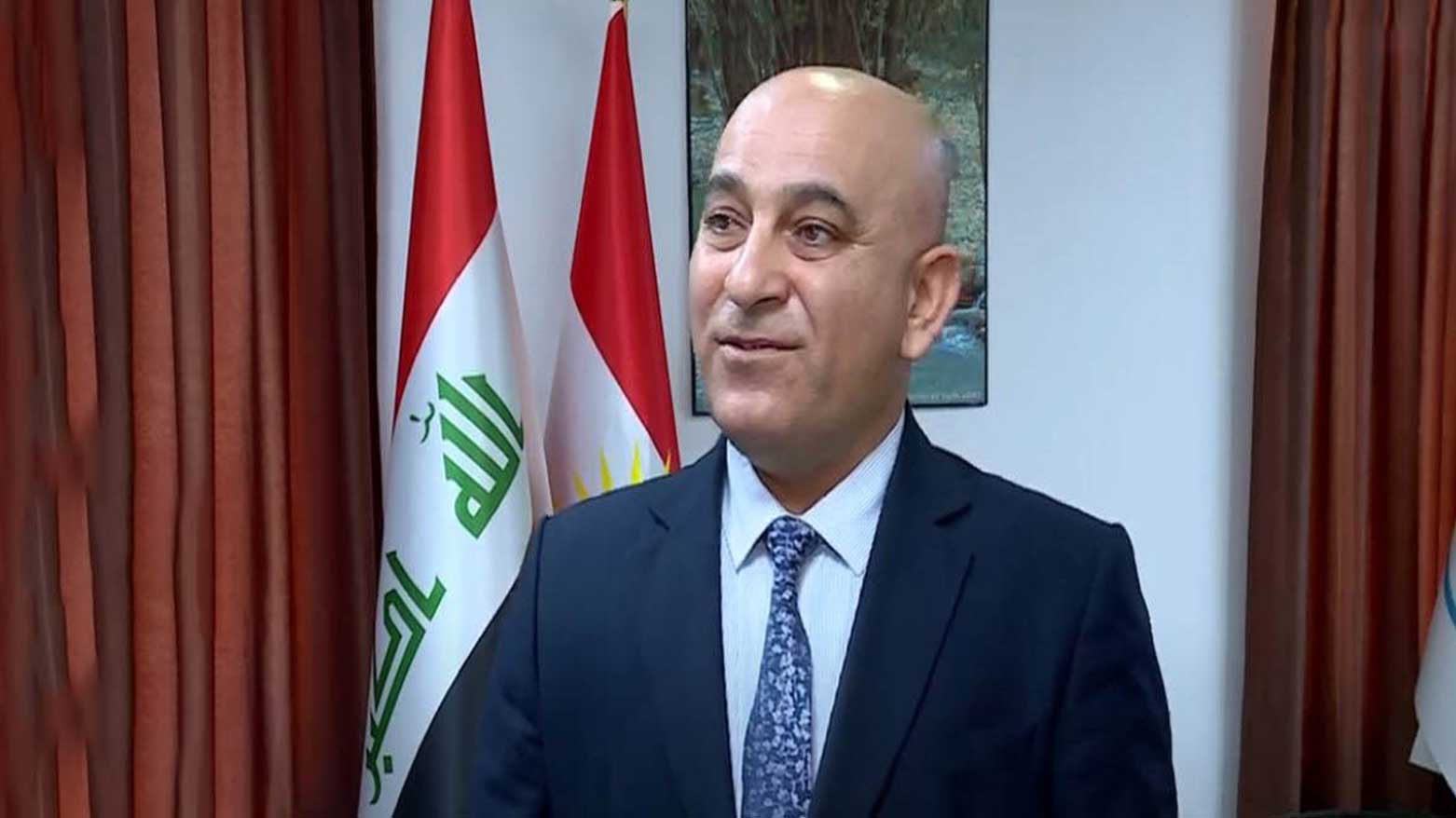Kurdistan Shuts Down 3,200 Generators to Halve Urban Air Pollution, Says KRG Official
Generator closures, new green spaces, and eco-friendly transport form the cornerstone of KRG’s efforts to curb urban air pollution.

ERBIL (Kurdistan24) — The Kurdistan Regional Government (KRG) has implemented a series of large-scale projects aimed at improving environmental sustainability and public health across the region, according to a spokesperson from the KRG Environment Department.
Speaking to Kurdistan24 on Sunday, San’an Abdullah, the department’s spokesperson, highlighted that the ninth cabinet of the KRG had adopted the motto “Protecting the Environment is a National Duty” and has since launched multiple initiatives to reduce pollution and expand green infrastructure.
Among the most significant efforts are the Runaki project, which provides citizens with 24-hour electricity, the construction of new green belts around Erbil, tax exemptions on the import of eco-friendly electric vehicles, and the closure of unlicensed factories and electric generators.
According to Abdullah, the Runaki project has benefited more than four million citizens and enabled the shutdown of around 3,200 private generators across the Kurdistan Region, which previously emitted large amounts of smoke and fuel residues. He noted that the absence of these generators has cut air pollution in urban areas by nearly half, significantly improving the quality of life in major cities.
The spokesperson also underlined the importance of green belts and water projects, particularly those surrounding Erbil, which not only increase urban greenery and help cool rising summer temperatures but also reduce harmful emissions and provide economic and social benefits.
The KRG has also taken measures to close many unlicensed factories that lacked environmental permits, describing these actions as part of its commitment to international agreements such as the Paris Climate Accord.
Environmental degradation has long been a pressing issue in Iraq and the Kurdistan Region, exacerbated by decades of conflict, rapid urbanization, and unchecked industrial growth. For years, private diesel generators filled the skies with thick smoke due to unreliable electricity supplies, making air pollution one of the leading public health concerns.
According to health experts, prolonged exposure to such pollutants has contributed to rising rates of respiratory illness, particularly among children and the elderly.
The KRG’s environmental strategy, particularly in its ninth cabinet, represents a shift toward sustainable development policies. By cutting reliance on private generators and increasing renewable energy access, the government has taken a significant step toward aligning with global climate commitments.
The move to promote electric vehicles through customs tax exemptions further reflects a long-term strategy to reduce reliance on fossil fuels and encourage cleaner modes of transportation.
At the same time, green belts and reforestation projects have broader ecological benefits. Urban greenery helps mitigate the “heat island” effect, lowers energy consumption for cooling, and offers recreational spaces that improve citizens’ well-being.
Environmentally, such projects also reduce soil erosion, protect biodiversity, and help balance ecosystems that have been strained by urban expansion.
The Kurdistan Region, like the rest of Iraq, is also highly vulnerable to climate change. International reports indicate that Iraq is one of the five most affected countries in the world by climate-induced challenges, ranging from rising temperatures and declining rainfall to desertification and water scarcity. In this context, the KRG’s proactive measures are viewed as critical in both improving local living conditions and preventing further environmental deterioration.
Environmental experts note that while these projects are important steps, challenges remain. Enforcement of environmental regulations, sustainable waste management, and ensuring long-term funding for green infrastructure are all pressing issues. Nevertheless, the region’s ongoing initiatives demonstrate a growing recognition that protecting the environment is inseparable from economic stability, public health, and social resilience.